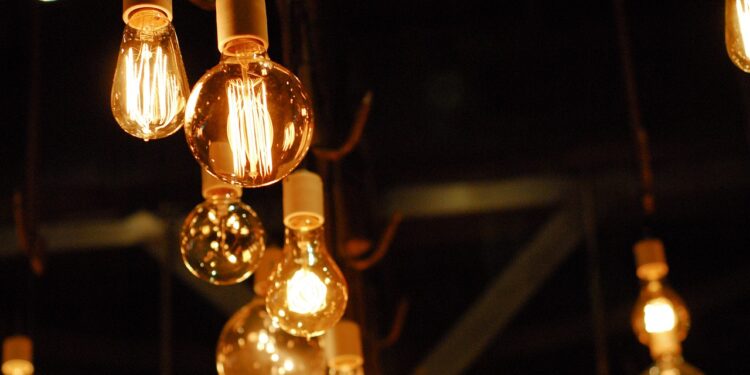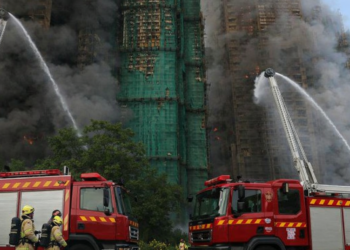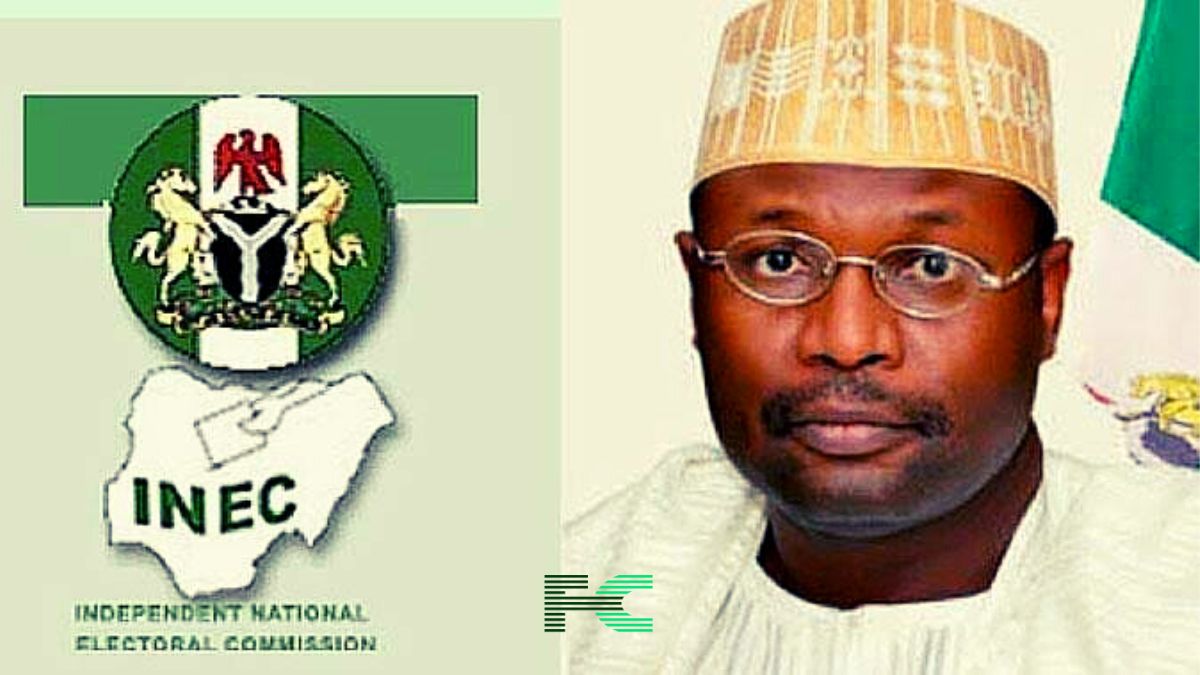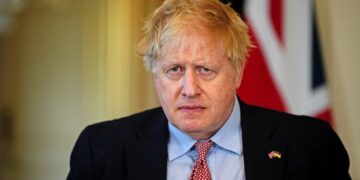Cuban authorities are once again putting on a show of authoritarian control, warning that they won’t tolerate “public disorder” even as their emergency workers struggle to clear debris and restore power in the aftermath of Hurricane Rafael. Four days after the storm ravaged western Cuba, knocking out power across the entire island and sparking protests, the government seems more focused on cracking down on dissent than addressing the dire needs of its people.
Hurricane Rafael, with its devastating force, toppled hundreds of transmission lines, plunging all 10 million Cubans into darkness. And as residents continue to suffer with the aftermath, the frustration is evident. Scattered protests have erupted, with citizens banging pots in defiance of the prolonged blackouts. The government’s response is a quick crackdown. Cuba’s top prosecutor proudly announced that charges have been filed and that people have been “preventively” detained in provinces like Havana, Mayabeque, and Ciego de Avila. Allegations include assault, public disorder, and vandalism, all in an effort to quash any signs of discontent.
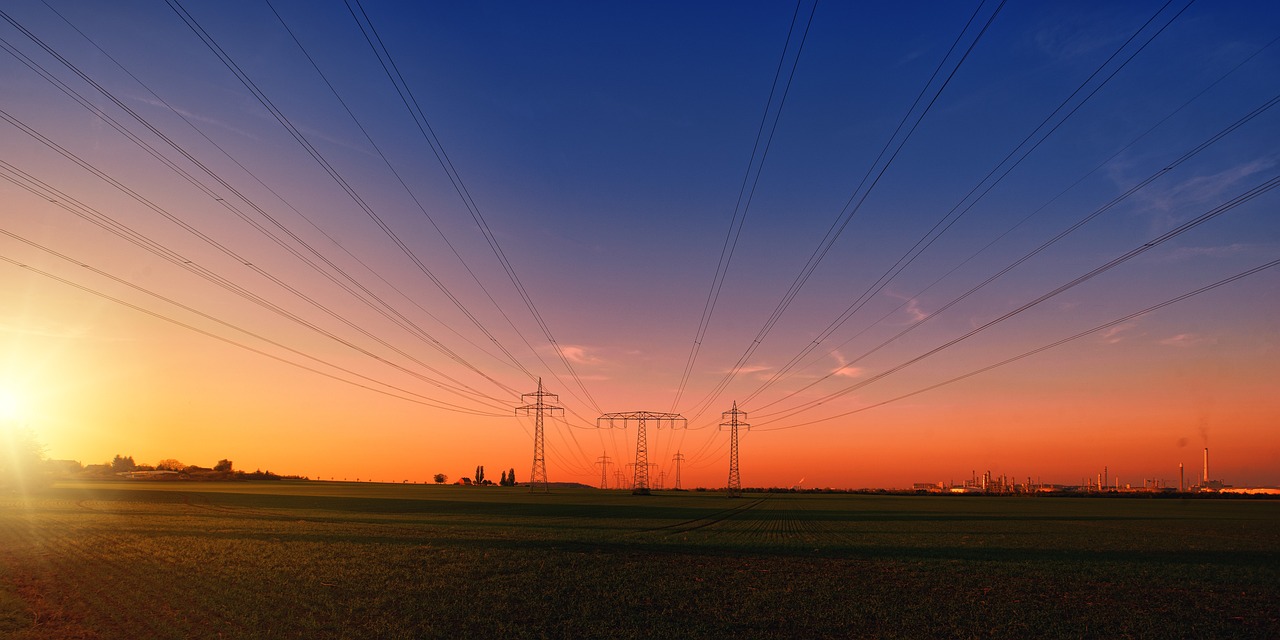
The prosecutor praised the “selfless and supportive” actions of those helping with the recovery, contrasting them with the so-called criminals causing public unrest. But the note was suspiciously light on specifics, leaving many to wonder just what kind of “crimes” were committed. Perhaps the real crime in the eyes of the Cuban government is daring to voice dissatisfaction in a nation where protest is practically outlawed.
By Sunday, more than 85% of Havana had seen power restored, according to the grid operator. Yet, many areas remain in the dark, with the hardest-hit provinces of Artemisa and Pinar del Rio still largely without electricity. Rolling blackouts are expected to drag on as Cuba’s old, oil-fired power plants struggle to keep up with demand. The government appears more intent on stifling protests than addressing the root causes of the frustration: chronic power outages, and shortages of basic necessities like water, fuel, food, and medicine.
While protests in Cuba’s tightly controlled communist regime are rare, they have become more frequent as everyday hardships worsen. The Cuban constitution, updated in 2019, theoretically grants citizens the right to protest, but in practice, this right is as good as nonexistent. The long-promised law to clarify the right to protest has languished in the legislature, leaving any demonstrators at the mercy of the state’s heavy-handed tactics.
The international community has not been silent on Cuba’s harsh approach. Rights groups, the European Union, and the United States have all condemned the government’s reaction to past anti-government protests, notably the massive July 11, 2021 demonstrations, which were the largest since Fidel Castro’s revolution in 1959. Yet, it seems the Cuban regime remains steadfast in its grasp of repression, prioritizing control over the well-being of its citizens.
With every passing day, the gap widens between the government’s claims of recovery and the harsh reality faced by millions of Cubans struggling in the storm’s aftermath.

